How to Make Genuine Japanese Friends: Understanding Honne and Tatemae in Japanese Culture
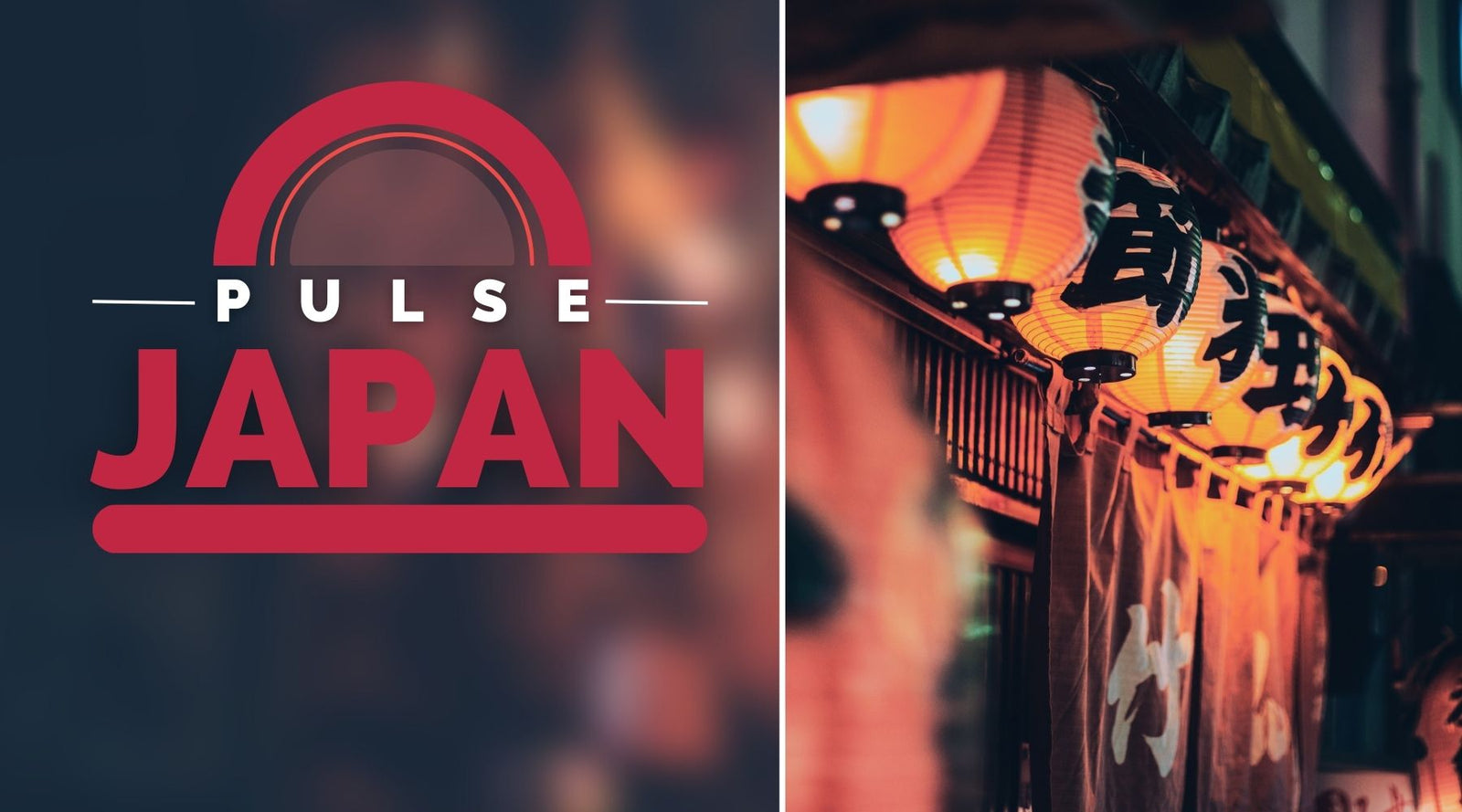
Japan's societal structure places a premium on harmony, also known as "wa." This deep-rooted cultural principle influences many aspects of life, including friendships. In Japan, individuals strive to maintain peaceful coexistence by adhering to social norms and prioritizing the group's welfare over personal desires. Respect is not just encouraged; it's expected. This translates into daily behaviors, where conversational interruptions are avoided and attentive listening is a sign of respect (Mai-Ko).
Japanese people exhibit an exceptional level of politeness and avoid direct confrontations. This cultural etiquette ensures smooth interpersonal relationships but can make it challenging for outsiders to form genuine connections. Mutual respect is also manifested in the way Japanese people address each other. Honorifics like "-san" and "-kun" are staples, reflecting their emphasis on respectful communication (Busuu).
Friendship in Japan differs significantly from Western norms. In the West, friendships can be formed quickly, and casual social interactions often pave the way for deeper bonds. Westerners might strike up a conversation at a café or bus stop and develop a friendship based on shared interests. Individualism plays a significant role in friendship dynamics, wherein self-disclosure and emotional expression are commonly used to build connections (Culture Matters).
Conversely, Japanese friendships tend to evolve more slowly and deeply. Due to Japan's low relational mobility, it’s rare for people to engage in spontaneous conversations with strangers or to introduce friends to wider circles (This Japanese Life). Initial interactions often require someone to mediate introductions. Informality, which fosters quick bonds in Western cultures, is less prevalent in Japan due to the societal emphasis on formality and rituals (Facts and Details).
Integral to understanding Japanese friendships is the concept of "kenzoku." This term translates to "family" but implies something more profound: a bond between individuals committed to sharing the same story and destiny. Kenzoku represents the deepest form of friendship, where the emotional connection is akin to familial ties (Amintro Friends).
Establishing kenzoku bonds takes time, patience, and consistent effort. Unlike the Western approach, where friends may frequently discuss personal issues, Japanese culture limits self-disclosure. However, when kenzoku bonds are formed, they are enduring and resilient. Such friendships are cemented through shared experiences, mutual support, and a profound understanding that transcends regular social interactions (Psychology Today).
Understanding the nuances of these social dynamics is crucial for anyone looking to form genuine friendships in Japan. The next step is to tackle the communication barriers and cultural differences that may impact your ability to connect with potential Japanese friends.
Communication Barriers and Cultural Differences
Navigating the intricate social landscape of Japan can feel like solving a Rubik's Cube with one hand tied behind your back. Between language barriers and deeply rooted cultural norms, it’s essential to understand the nuances to make genuine connections. In this chapter, we'll explore how to communicate effectively and respectfully in Japanese society.
Attempting to communicate in Japanese, especially when your vocabulary is limited to "konnichiwa" and "sushi," can be daunting. Language barriers are the most obvious hurdle, but they go deeper than just vocabulary and grammar. The subtleties of Japanese speech often elude many foreigners.
Japanese people rely heavily on non-verbal cues. Facial expressions, tone of voice, and body language often speak louder than words. A simple nod can convey agreement, while prolonged eye contact might be seen as overly aggressive or inappropriate. Being attuned to these non-verbal signals can significantly enhance your communication (source: Managing Language Barriers within Relationships).
Japan is a nation where harmony takes precedence, and this is reflected in their indirect communication style. Unlike many Western cultures where being direct is seen as a virtue, Japanese communication tends to be subtle and indirect to avoid confrontation and maintain social harmony.
If a Japanese person delivers a “maybe” in response to your invitation, it could very well mean “no.” This practice helps to avoid direct rejection, which can be seen as rude or confrontational. Understanding and interpreting these subtleties can save you from misunderstanding social cues and can help you navigate conversations more effectively (source: Intercultural Communication in Japan: Making it Happen).
Being respectful in communication is paramount in Japanese culture. Some critical aspects of proper etiquette include:
-
Use of honorifics: Always address people with the appropriate honorific suffixes like '-san,' '-sama,' or '-sensei.' This indicates respect and awareness of social hierarchy.
-
Bowing: This is not just a greeting but an important gesture of respect. The depth and duration of the bow reflect the level of respect or gratitude.
-
Giving and receiving: Whether it's business cards or gifts, using both hands is a sign of respect. Always take a moment to admire any gift or card you receive before putting it away, showing you appreciate the gesture (source: 2020 KEPRO Catalog Training Guide).
The subtleties of respectful communication and etiquette in Japan can initially seem overwhelming. However, with practice and observation, it becomes natural and highly rewarding in strengthening your relationships.
Mastering these communication barriers and understanding cultural differences sets the foundation for forming and nurturing genuine friendships with Japanese individuals. To deepen these relationships, it is essential to continue to show interest in their customs and culture, and we'll delve into these aspects further in the next chapter.
Building Initial Connections
If you've ever thought about making friends in Japan, you might have wondered where to start. The good news is that Japan is brimming with social activities and avenues to meet like-minded individuals. Let's dive into a few ways you can build initial connections in Japan and turn those awkward introductions into heartfelt friendships.
One of the most effective ways to meet people and build friendships in Japan is by joining clubs or attending cultural events. Japan offers a plethora of clubs and groups centered around various interests like sports, arts, music, and more. Whether you're keen on tea ceremonies, martial arts, or even collecting rare stamps, there's likely a club for you.
Events such as festivals, exhibitions, and local fairs present perfect opportunities to socialize and immerse yourself in Japanese culture. Festivals, like the famous Gion Matsuri in Kyoto, draw not only locals but visitors from all walks of life, offering a vibrant social setting to meet new people (Japan Travel).
Language exchange platforms are another goldmine for budding friendships. Apps like HelloTalk facilitate language exchange, where you teach someone your native language in exchange for learning Japanese. It's a win-win situation—practicing the language, and forming connections (HelloTalk).
Social media platforms like Facebook, Twitter, and Instagram can also be instrumental in finding friends. There are numerous groups on Facebook dedicated to language exchange and cultural interaction. Joining these groups can help you find people sharing similar interests and engage in meaningful conversations (Facebook).
Japan's calendar is dotted with seasonal activities that offer fantastic opportunities for social interaction. From cherry blossom viewing parties (hanami) in spring to fireworks festivals in summer, these events are cherished traditions in Japanese culture, and participating in them can significantly increase your social circle (AEON).
Local community centers often organize events and meetups which can be ideal for making new friends. For instance, city halls may host international exchange events where locals and foreigners can mingle and learn about each other's cultures. If you find yourself in a more rural part of Japan, village festivals and local gatherings can offer a more intimate setting to form connections (Abroad in Japan).
By taking part in these activities, you will not only enjoy the best experiences Japan has to offer but will also lay the groundwork for building lasting friendships.
Connecting with locals in Japan involves a blend of cultural respect, enthusiastic participation, and a bit of patience. So, join a club, grab your smartphone to engage online, and mark your calendar for the next festival. Your future Japanese friends are waiting!
Moving forward, deepening these initial connections becomes crucial. Cultivating trust and showing genuine interest in their culture will pave the way for deeper, more meaningful friendships.
Navigating Social Relationships
Building a friendship in Japan goes beyond exchanging pleasantries or grabbing a casual coffee. It’s a nuanced dance that demands an understanding of deep cultural undertones and the subtleties of social interactions. But don’t worry, we’ve got your back. Here’s how to master the art of navigating Japanese friendships like a pro.
Expectations in Japanese friendships are unique and often revolve around shared activities and deep bonds formed over time. Unlike Western cultures where friendships can be initiated through direct approaches, in Japan, friendships are typically built within existing social structures such as school, workplace, and clubs. It's more about being part of a group or shared activity rather than an individual endeavor. Japanese friendships often emphasize loyalty and the long haul, making it essential to manage your expectations and understand that developing a close relationship can take time (BFF Tokyo).
Social circles in Japan are often well-defined and carefully maintained. Japanese people tend to prioritize their core group of friends, typically people they have known for a long time through school or work. They are less likely to abandon these circles in favor of new acquaintances. Understanding this can save you from taking it personally if your attempts to socialize are met with polite distance. It's also crucial to respect the existing group dynamics and not to rush into the circle. Patience, consistency, and demonstrating a genuine interest in the group’s activities can gradually earn you a place within the circle (Moon).
Self-disclosure, or the act of revealing personal information as a means of building trust, is handled differently in Japan compared to Western cultures. Japanese people tend to be more reserved in sharing personal details, especially early in the relationship (This Japanese Life). It’s essential to strike a balance between being open and maintaining respectful boundaries. Too much self-disclosure too soon can be overwhelming and may push people away. Instead, observe and gradually mirror the level of openness shown by your friends.
Reciprocity is key—offering a snippet of your life and waiting for a similar gesture in return can help build mutual understanding and trust. Remember, in Japan, the depth of friendship grows over time and shared experiences more than through immediate and deep personal revelations (Christensen).
Navigating social relationships in Japan requires patience, keen observation, and an appreciation of the intricate dance of social etiquettes. As you continue to immerse yourself in Japanese culture and foster these initial connections, you'll find the efforts rewarding in shaping genuine and long-lasting friendships.
Deepening Friendships
Navigating new friendships in Japan can feel like stepping into a beautifully intricate dance. To really groove with your Japanese pals, you need to start grooving to their cultural rhythm, showing genuine interest, demonstrating commitment, and building trust. Let’s get snuggly with these essential friendship-deepening moves.
Japanese culture is a mesmerizing blend of the ancient and the new. Whether it’s participating in the annual cherry blossom viewing or mastering the art of chopstick use at a sushi bar, showing an authentic interest in these traditions will earn you brownie points with your Japanese friends.
-
Learn Basic Etiquette: Understand the nuances of bowing, and use respectful language, including honorifics. For instance, bowing deeply from the waist shows respect and is often used to express gratitude Busuu.
-
Eat Like a Local: Before you dig in, say "itadaki-masu" and use "gochisou-sama" after your meal. These phrases show appreciation and respect for the food and the people who prepared it (All Japan Tours).
-
Observe Key Festivals: Engage in cultural events like hanami (cherry blossom viewing) or matsuri (festivals) to better immerse yourself in local traditions. Participation in these activities demonstrates your enthusiasm and willingness to embrace their culture (Inside Japan Tours).
Consistency is your best buddy when forming deep connections. Regular meet-ups, joining groups, and participating in shared activities show that you’re here to stay.
-
Join Clubs: Become a member of a local club or hobby group. This regular interaction builds a sense of trust and community.
-
Language Exchange: Engage in language exchange programs. Not only does this help with language barriers, but it also offers a regular and consistent way to interact and understand cultural nuances better (JET Programme).
-
Punctuality Counts: Always being on time is seen as a sign of reliability and respect for others' time. This small habit can significantly influence how trustworthy and serious you appear (Japan Living Guide).
Trust is the bedrock of any deep friendship. Building it in Japan requires a combination of respect, understanding, and a genuine connection.
-
Use Respectful Communication: Avoid direct confrontation. Instead, adopt an indirect style of communication to maintain harmony and show respect for others’ feelings (EJable).
-
Avoid Cultural Missteps: Respect local customs, like taking off shoes before entering a home or certain public places, and avoiding loud conversations in public transport (Diversity Resources).
-
Show Humility and Gratitude: Expressing your appreciation in subtle ways, such as via bowing, or offering small gifts as tokens of appreciation, can go a long way. Humility is highly valued in Japan, and demonstrating it will help build deeper connections (Parthenon Japan).
By genuinely diving into these cultural quirks and practices, you weave a fabric of shared experiences and mutual respect, which is key to fostering deep, meaningful relationships. The journey to deepening friendships is gradual and requires a sincere heart, a dash of patience, and consistent efforts.
Up next, we will grapple with maintaining these treasured connections despite social barriers and cultural differences.
Common Challenges and Solutions
Embarking on a journey to cultivate genuine friendships in Japan can test your patience. Japanese friendships evolve at a glacial pace compared to their Western counterparts. The concept of "kenzoku" – the idea of bonds that are deeper and almost familial – takes time to develop (Amintro).
In the West, friendships might blossom from spontaneous conversations, whereas in Japan, the path to friendship is lined with formalities and rituals. Mastering the art of tea ceremonies, joining local festivals, and understanding intricate etiquettes might be small steps, but they are pivotal. Accepting that Japanese friendships are built slowly ensures that your expectations are aligned with the local norms, allowing you to appreciate the gradual and meaningful progress.
Navigating the serene waters of Japanese emotional expression can feel like steering a ship in the fog. Japanese culture greatly values "wa" (harmony), which often means emotions are kept under wraps to preserve social balance (PhMuseum). In contrast, Western cultures might encourage open emotional displays and candid discussions.
To bridge this cultural gap, it's crucial to become a keen observer. Notice subtle facial cues and body language, as these can offer insights into your Japanese friend's true feelings. Understand the concept of "honne" and "tatemae" – the difference between one's true feelings and the facade displayed publicly (ThoughtLab). In casual settings, people might start to reveal their "honne" as trust builds, but don't push too hard for deep emotional shNaring too soon.
Once you make friends in Japan, maintaining those connections requires diligence and a healthy respect for cultural norms. Japanese friendships, once established, tend to be enduring, provided you nurture them with consistent care and respect. Unlike in the West, where friends might drift in and out of your life frequently, Japanese bonds are more stable (This Japanese Life).
Regular interactions, even simple gestures like sending seasonal greetings or engaging in shared hobbies, can go a long way. However, it's also important to respect your friends' primary social circles, as these established groups often take precedence (BFF Tokyo). Demonstrating an understanding of these priorities showcases your respect for their culture and strengthens the friendship.
Conclusion
Navigating these challenges with sensitivity and an open mind will not only help you build meaningful friendships but also provide a deeper appreciation for the nuances of Japanese social dynamics. With time, patience, and genuine effort, you'll find yourself deeply embedded in the rich tapestry of Japanese culture.
So what are you waiting for? Let's make tons of Japanese friends in not only in Japan, but also around the world!











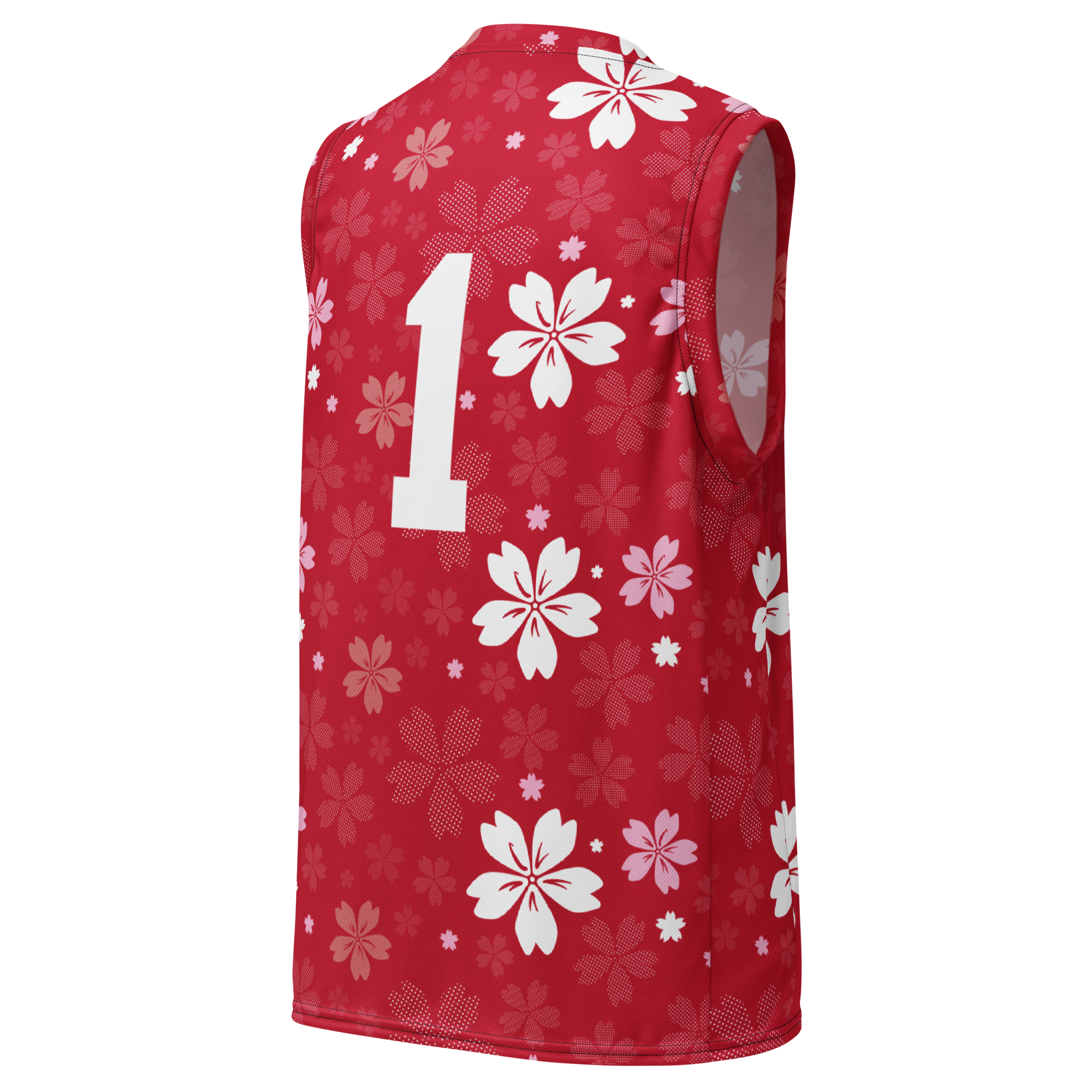

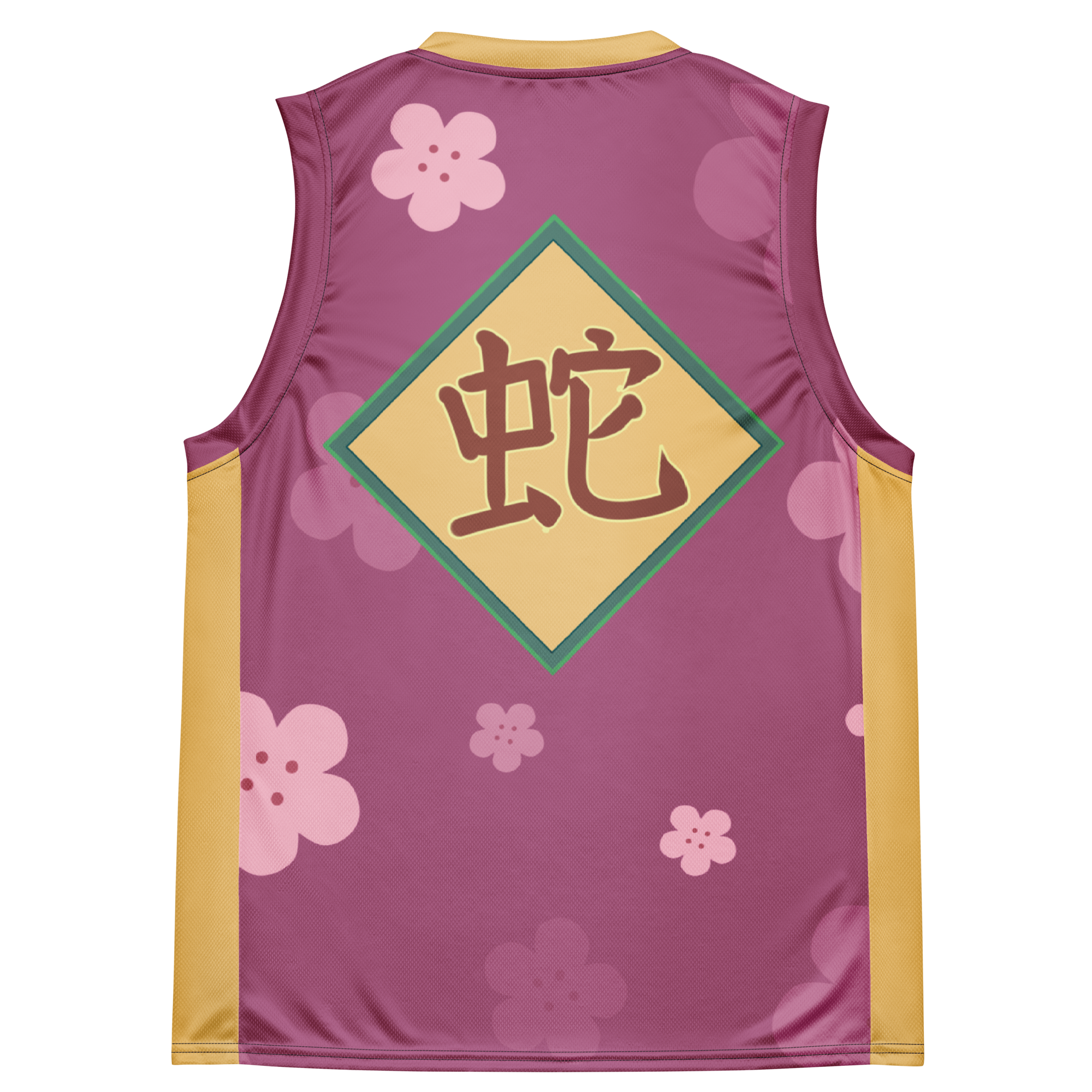
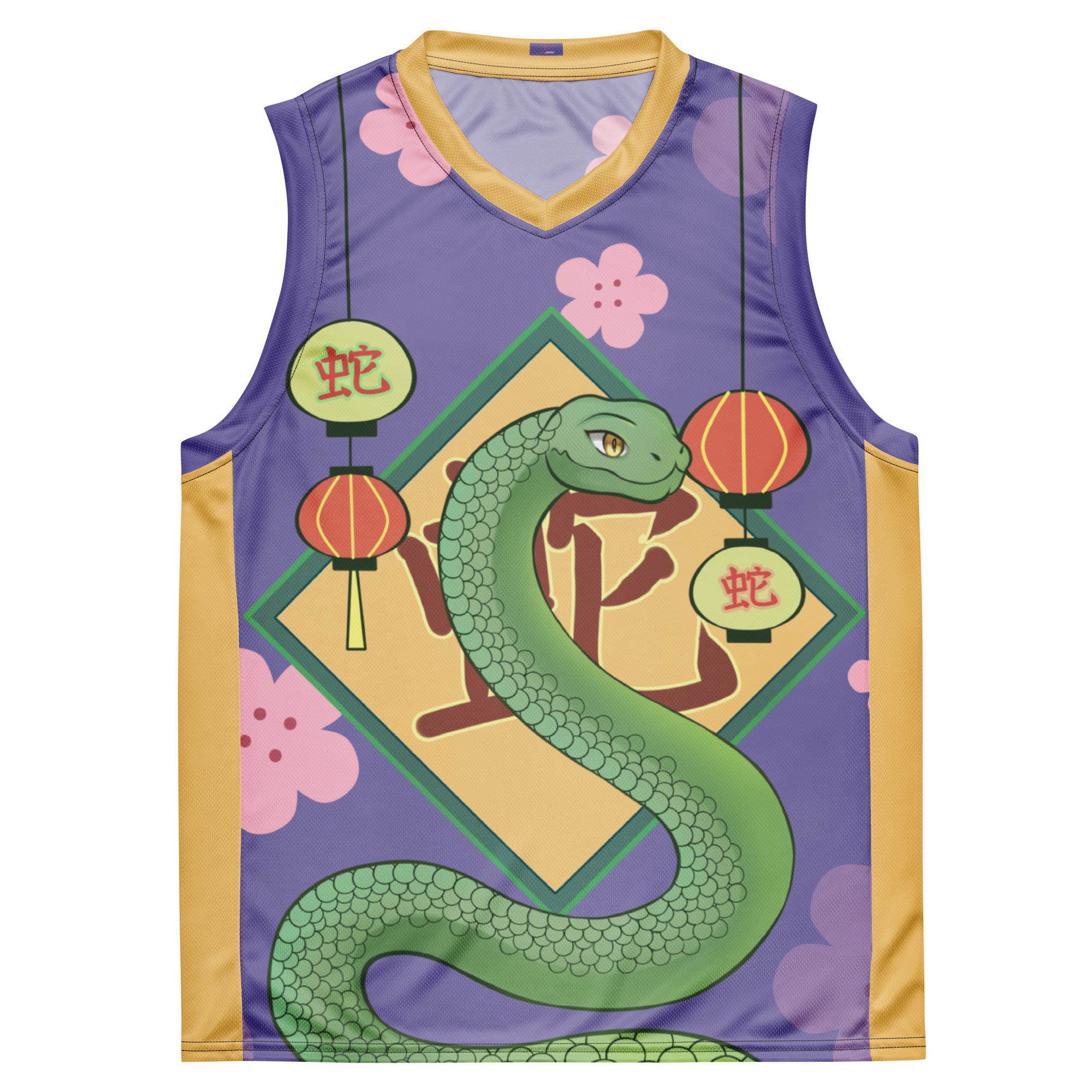
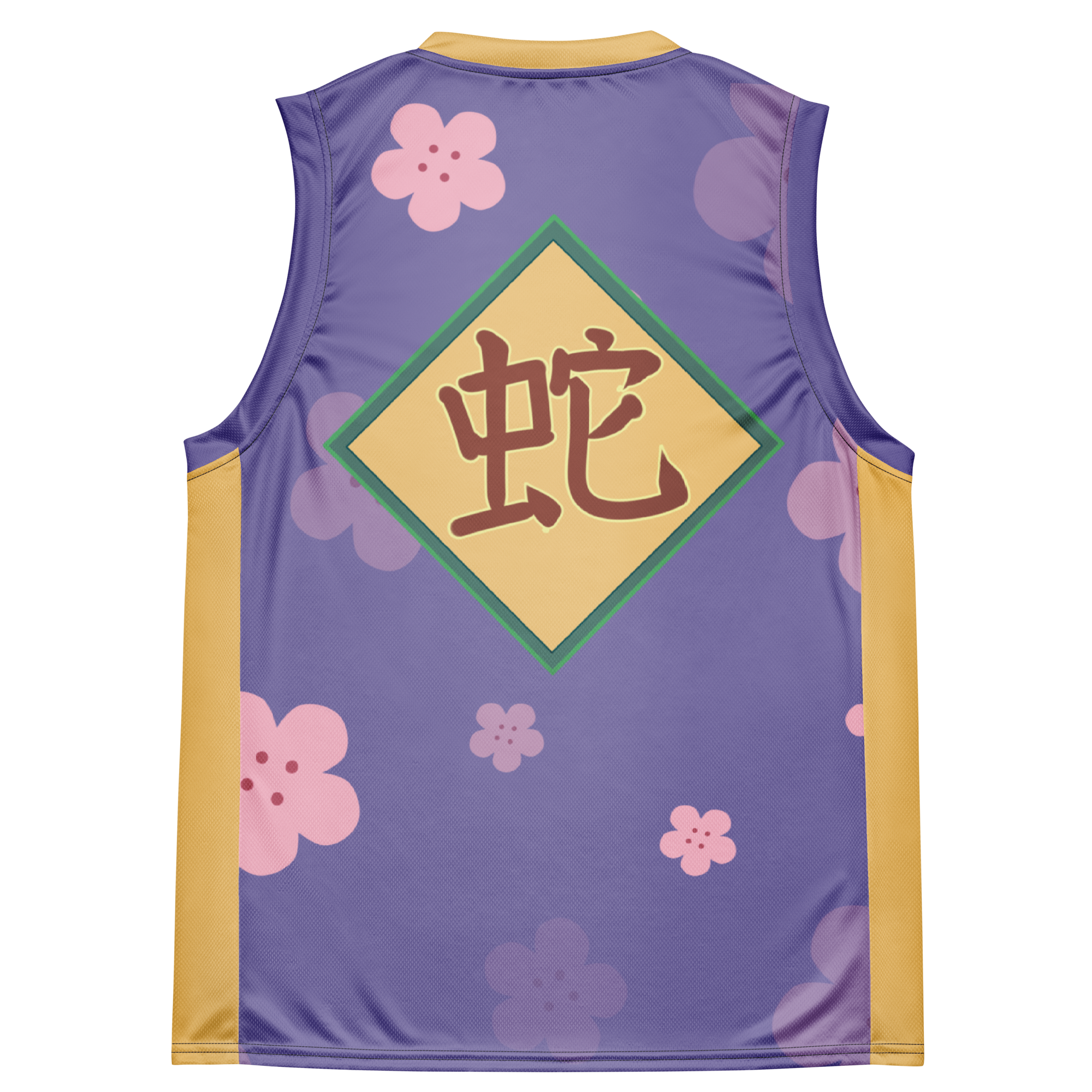

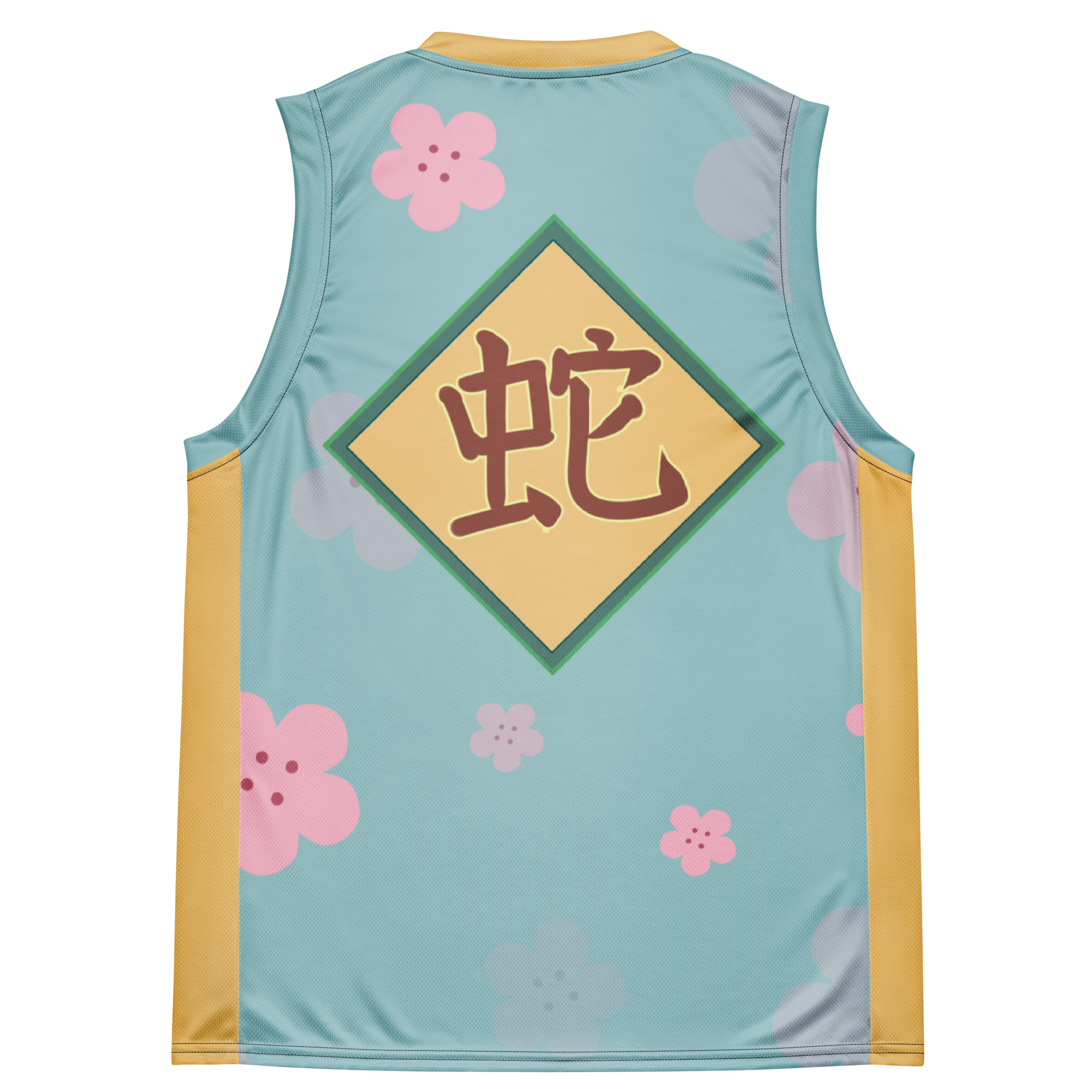
















Dejar un comentario